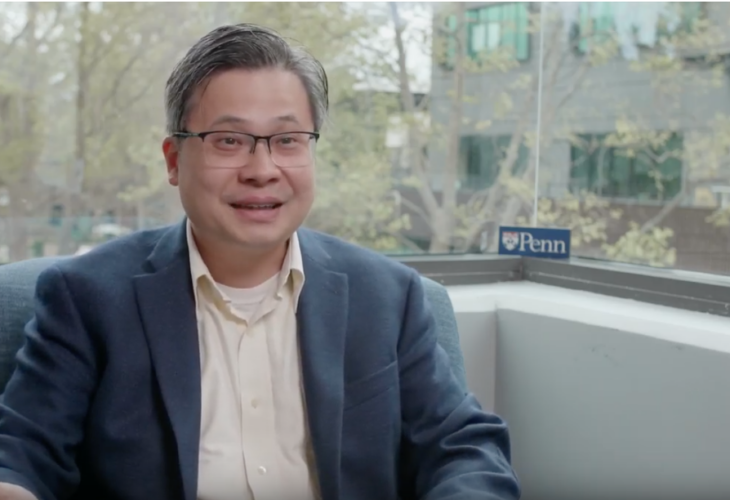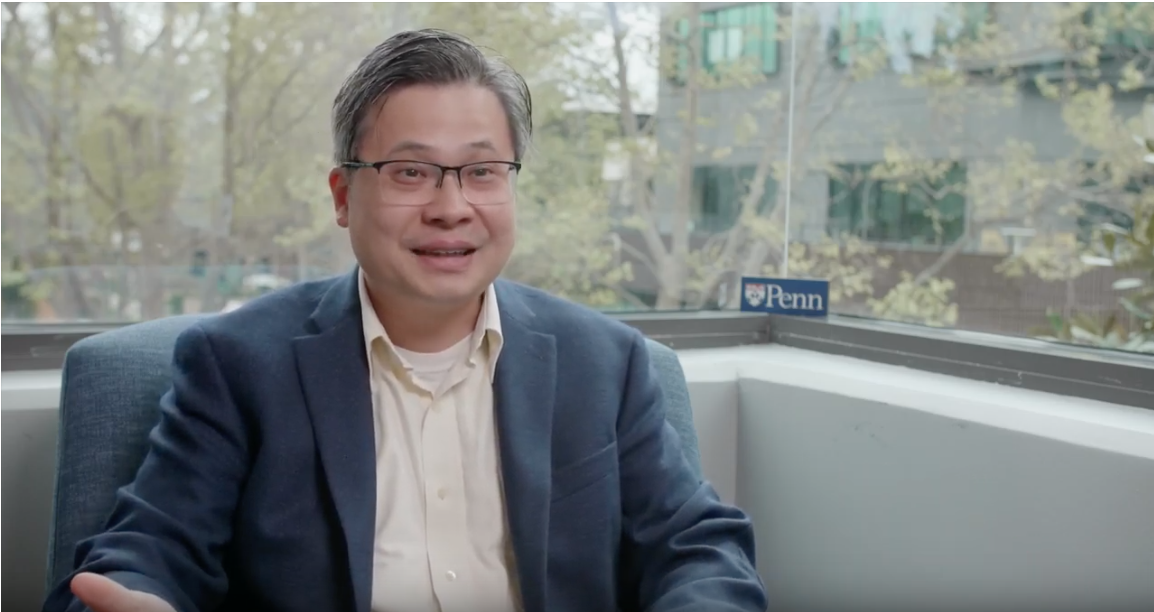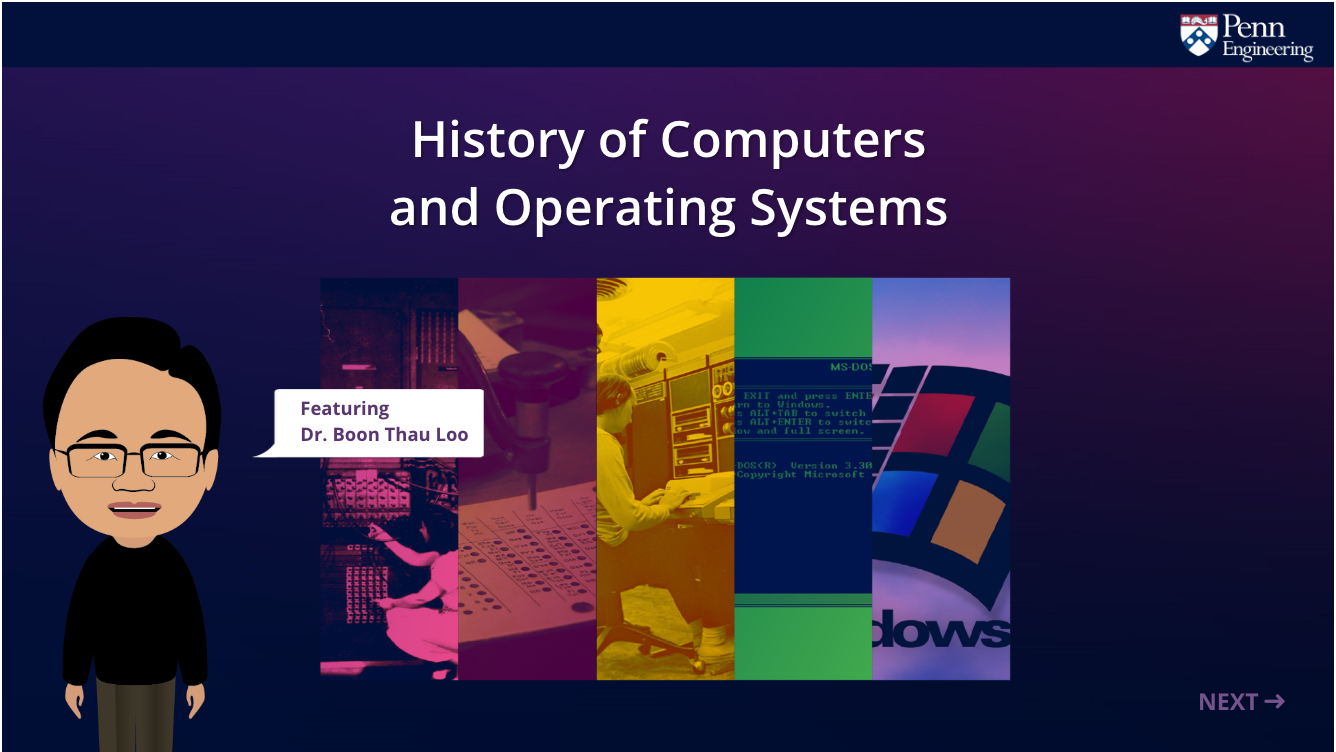The instructional designers helped him think holistically about the learning objectives for the operating systems class and the presentation of his course material. For example, they encouraged him to take the in-video questions that were originally tailored for his online audience and adapt them for his on-campus class. “I found that my on-campus students started engaging with me a lot more as a result,” Dr. Loo shares.
Dr. Loo’s teaching assistants, for their part, helped him build out an auto-grading infrastructure to facilitate large programming assignments online. This was directly transferrable to the benefit of his on-campus class. “It used to be very time consuming for my TAs to grade. We had to answer a lot of clarification questions on Piazza. After developing the demo videos and auto-grader, the amount of regrade requests dropped substantially,” Dr. Loo explains.
As part of the development of the course, Loo was even able to reconnect with former students who had gone on to successful careers at tech companies like Google and Facebook. Reflecting on a recent interview with two of his former TA’s he shares, “I had two generations of students sitting together on camera, talking about why this class matters in the real world. It doesn’t get better than that.”
At the end of the day, Dr. Loo’s main takeaway is this: teaching online is the opportunity of a lifetime.
“We’re now at a point where the educational landscape is changing. If you involve yourself in this, you will be at the forefront of a revolution in education,” he beams.




